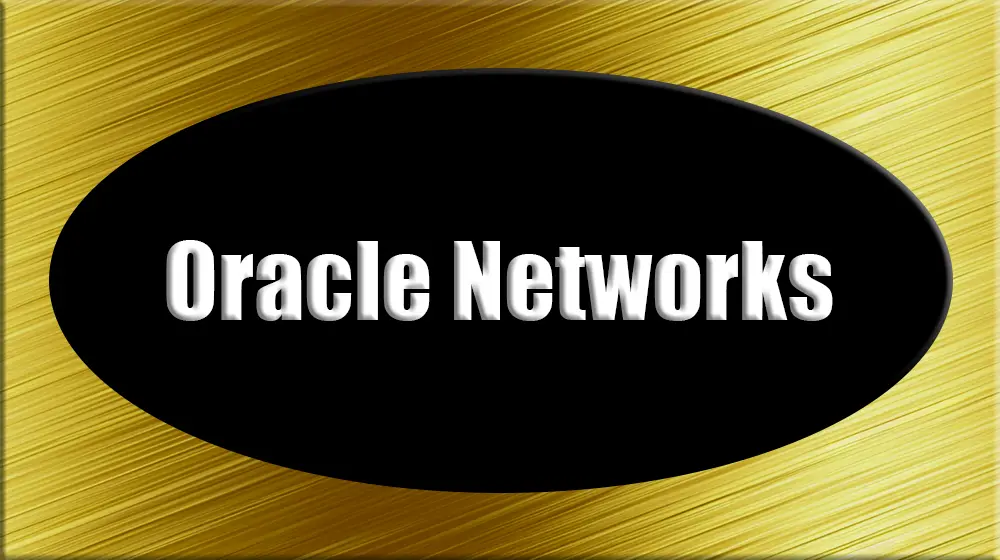Oracle networks play a crucial role in the world of blockchain technology, serving as the essential link between blockchains and the external world. To understand why oracle networks are important, we first need to grasp the nature of blockchains and the challenges they face.
What Are Blockchains?
Blockchains are decentralized digital ledgers that record transactions across many computers. These ledgers are tamper-proof and transparent, making them ideal for recording various kinds of data, including financial transactions, supply chain records, and more. However, blockchains operate in a closed environment; they cannot inherently access external data. This is where oracle networks come into play.
The Role of Oracle Networks
Oracle networks are systems that connect blockchains to real-world data, allowing smart contracts (self-executing contracts with the terms of the agreement directly written into code) to interact with external data sources. For instance, a smart contract might need to access current weather information, stock prices, or the outcome of a sports event to execute its terms accurately. Oracle networks provide this data securely and reliably.
How Oracle Networks Work
Oracle networks function as intermediaries between data sources and blockchains. Here’s a simplified breakdown of how they operate:
- Data Request: A smart contract on the blockchain requests specific data.
- Oracle Selection: The oracle network selects a suitable oracle (a node or a group of nodes) to fetch the requested data.
- Data Retrieval: The selected oracle retrieves the data from an external source.
- Data Verification: The oracle network verifies the accuracy of the retrieved data through various methods, such as cross-referencing multiple data sources.
- Data Delivery: The verified data is then sent back to the smart contract on the blockchain.
This process ensures that the data used by smart contracts is reliable and trustworthy.
Types of Oracles
There are several types of oracles, each suited for different kinds of data and use cases:
- Inbound Oracles: These oracles bring external data into the blockchain. For example, they can provide current market prices, weather conditions, or news events.
- Outbound Oracles: These oracles send data from the blockchain to external systems. For instance, they can trigger actions in the real world, such as releasing funds or sending notifications.
- Consensus-Based Oracles: These oracles aggregate data from multiple sources and use consensus mechanisms to ensure the accuracy and reliability of the data.
Use Cases for Oracle Networks
Oracle networks have a wide range of applications across various industries:
- Finance: In decentralized finance (DeFi), oracles provide real-time price feeds for assets, enabling functions like lending, borrowing, and derivatives trading.
- Insurance: Oracles can deliver data for parametric insurance, where payouts are automatically triggered based on predefined events, such as natural disasters.
- Supply Chain: Oracles can track and verify the movement of goods, ensuring transparency and authenticity in the supply chain.
- Gaming and Betting: Oracles can provide real-time data for sports events, enabling decentralized betting platforms to operate seamlessly.
Challenges and Solutions
While oracle networks are powerful, they also face challenges, such as ensuring data accuracy and preventing tampering. To address these issues, modern oracle networks employ various techniques, including decentralized data sourcing, cryptographic proofs, and incentive mechanisms to ensure the integrity of the data they provide.
Conclusion
Oracle networks are a fundamental component of the blockchain ecosystem, enabling smart contracts to interact with the real world. By bridging the gap between blockchains and external data sources, they unlock a myriad of possibilities for decentralized applications across numerous industries. As blockchain technology continues to evolve, the importance and sophistication of oracle networks are likely to grow, driving innovation and expanding the potential of decentralized systems.


